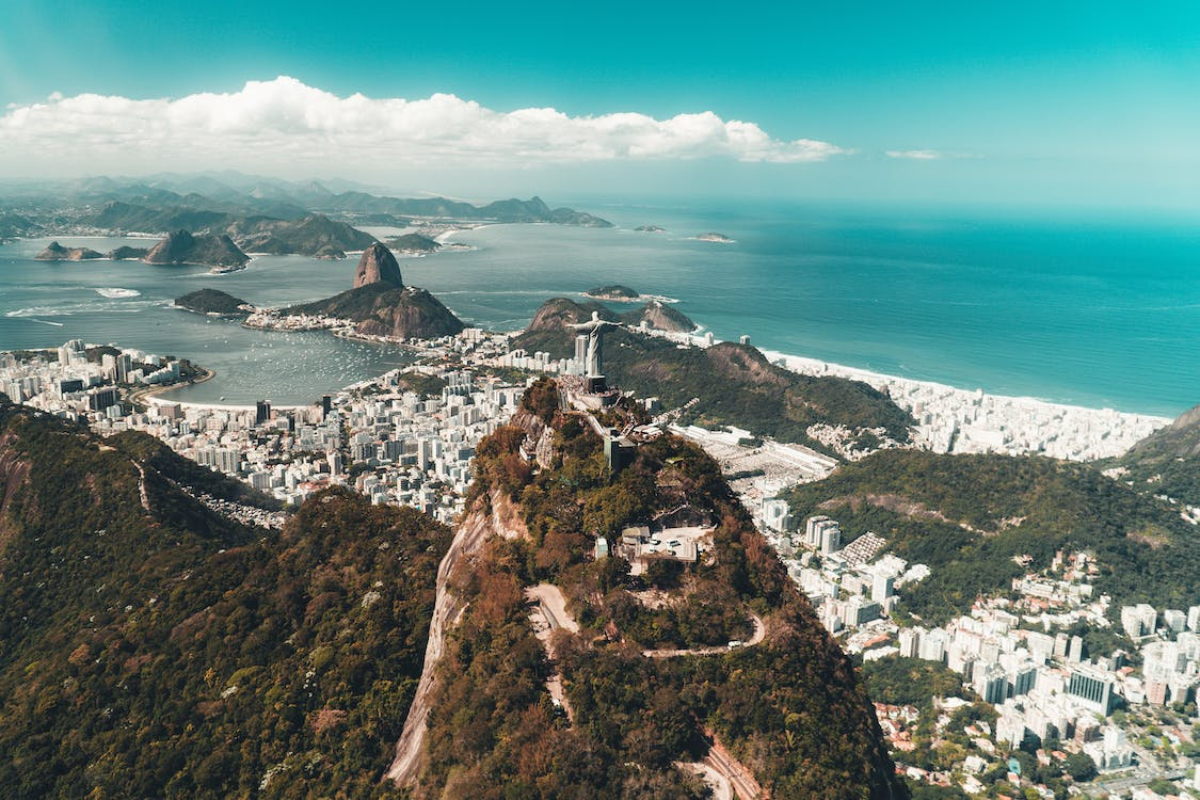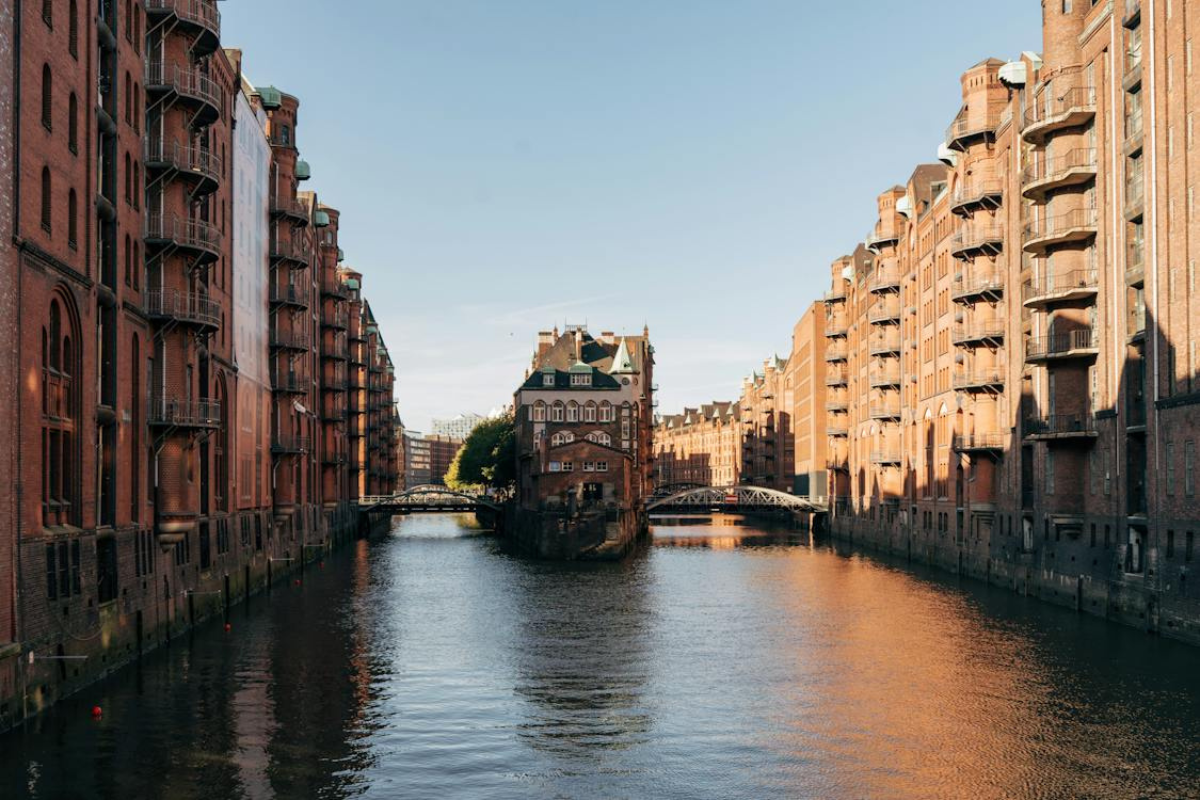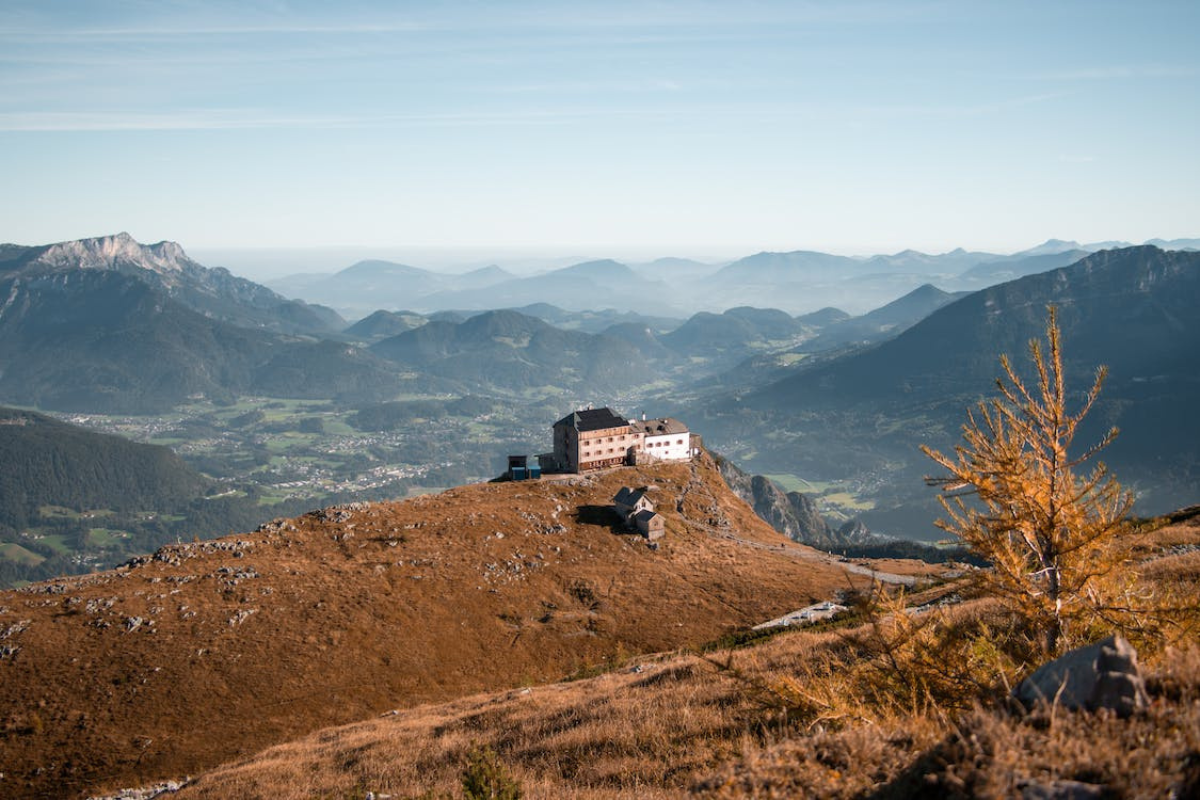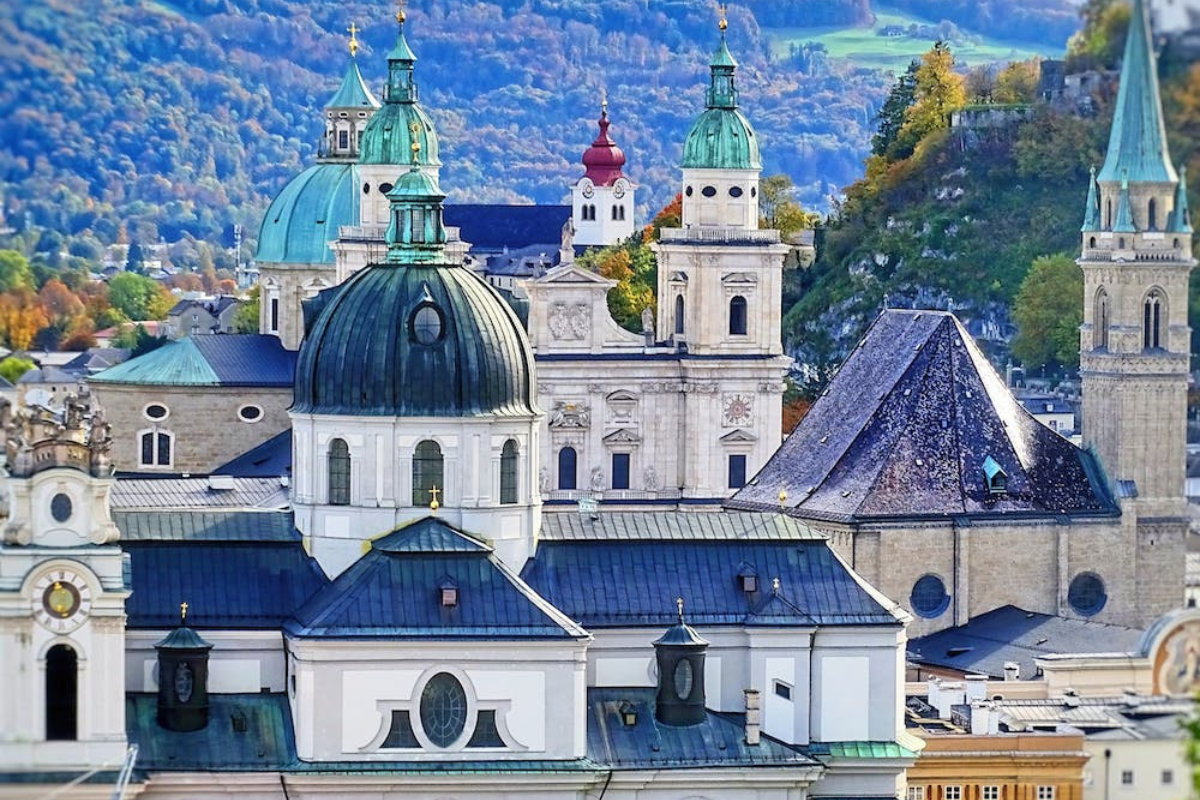The COVID-19 pandemic brought the global tourism industry to a near standstill, but as travel restrictions ease and wanderlust intensifies, a new era of tourism is emerging. Travelers are seeking more than just sightseeing. They crave immersive experiences that foster cultural connections, personal growth, and a deeper understanding of the world around them. This shift in traveler preferences is driving three key trends that are shaping the future of global tourism in 2024.

The tourism industry is adapting to meet these evolving demands, offering innovative and sustainable travel experiences that promote cultural connections, environmental stewardship, and personal fulfillment. As these trends continue to reshape the travel landscape, the tourism industry has the potential to become a powerful force for positive change in the world.
Experiential Tourism: Immersing in Local Culture and Traditions

Photo: Pexel/Gül Işık
Travelers are increasingly seeking experiences that go beyond traditional sightseeing tours and delve into the heart of local cultures. They want to connect with communities, learn traditional crafts and skills, and participate in authentic cultural activities. This demand for experiential tourism is propelling the growth of specialized tours and activities that offer hands-on engagement with local customs, cuisine, and traditions.
For example, in Morocco, travelers can take cooking classes to learn how to make traditional tagines and couscous or participate in pottery workshops to create their own Moroccan ceramics. In Japan, travelers can experience a traditional tea ceremony, learn the art of sushi making, or attend a sumo wrestling tournament. These experiences provide travelers with a deeper understanding of the local culture and create lasting memories.
From volunteering in local communities to attending traditional festivals, travelers are eager to immerse themselves in the rich tapestry of cultural experiences that each destination has to offer. In Thailand, travelers can participate in a traditional Songkran water festival, a vibrant celebration of renewal and cleansing. In Peru, they can join a community-based homestay program and learn about traditional Andean weaving techniques.
Experiential tourism goes beyond passive observation. It is about active participation and meaningful connections. Travelers are no longer just spectators. They are becoming active participants in local culture, fostering understanding and appreciation for diverse traditions and perspectives.
Sustainable Tourism: Embracing Eco-friendly Travel Practices

Photo: Herbst Am Watzmann
Environmental consciousness is at an all-time high, and travelers are increasingly prioritizing sustainable travel practices. They are seeking eco-friendly accommodations, opting for local transportation, and reducing their environmental footprint while exploring new destinations. This demand for sustainable tourism is driving the growth of eco-certified hotels, restaurants, and tour operators, as well as the development of innovative eco-friendly travel solutions.
For example, in Costa Rica, many hotels and lodges are powered by renewable energy sources and use sustainable practices, such as composting and rainwater harvesting. In New Zealand, travelers can take eco-friendly tours that focus on conservation and sustainability, such as hiking through pristine rainforests or kayaking in waterways. These eco-conscious travel options allow travelers to experience the beauty of the natural world while minimizing their environmental impact.
Travelers are making conscious choices to minimize their impact on the environment, opting for eco-friendly accommodations that conserve water and energy, utilize sustainable materials, and support local communities. They are choosing local transportation options, such as walking, cycling, or using public transportation, to reduce their carbon emissions.
Sustainable tourism is not just about environmental protection; it’s also about social responsibility and economic empowerment. Travelers are supporting local communities by patronizing locally owned businesses, participating in fair trade initiatives, and contributing to conservation efforts.
Cultural Immersion: Fostering Understanding and Connection

Travelers are eager to immerse themselves in diverse cultures, seeking to broaden their perspectives and foster deeper connections with people from different backgrounds. They want to learn about local languages, participate in cultural festivals, and engage in meaningful conversations with locals. This desire for cultural immersion is driving the growth of cultural exchange programs, language learning opportunities, and homestays that offer authentic cultural experiences.
For example, in Mexico, travelers can participate in cultural exchange programs that connect them with local families and communities. They can learn Spanish, participate in traditional crafts workshops, and experience local festivals and celebrations. In Italy, travelers can take homestays that provide them with a true immersion into Italian culture, from learning how to make pasta to enjoying family meals. These cultural immersion experiences foster understanding, break down barriers, and create lasting bonds between travelers and locals.
From learning the art of calligraphy in Japan to participating in a traditional tea ceremony in China, travelers are embracing opportunities to delve into the rich cultural heritage of their destinations. They are engaging in meaningful conversations with locals, learning about their customs, traditions, and perspectives on life.
Cultural immersion breaks down barriers and promotes understanding. Travelers are gaining a deeper appreciation for different cultures, challenging stereotypes, and fostering empathy for people from all walks of life.
These three trends are not mutually exclusive; they often overlap and reinforce each other. Experiential tourism, for instance, often incorporates sustainable practices, such as supporting local businesses and using eco-friendly modes of transportation. Similarly, cultural immersion often involves learning about traditional crafts and skills, which are often an integral part of a community’s cultural heritage.
As these trends continue to shape the global tourism landscape, travel destinations, and businesses are adapting to meet the evolving demands of modern travelers. They are investing in sustainable practices, developing innovative experiential offerings, and creating opportunities for cultural exchange. By embracing these trends, the tourism industry can play a vital role in promoting understanding, fostering connections, and preserving cultural heritage while ensuring a sustainable future for travel.

